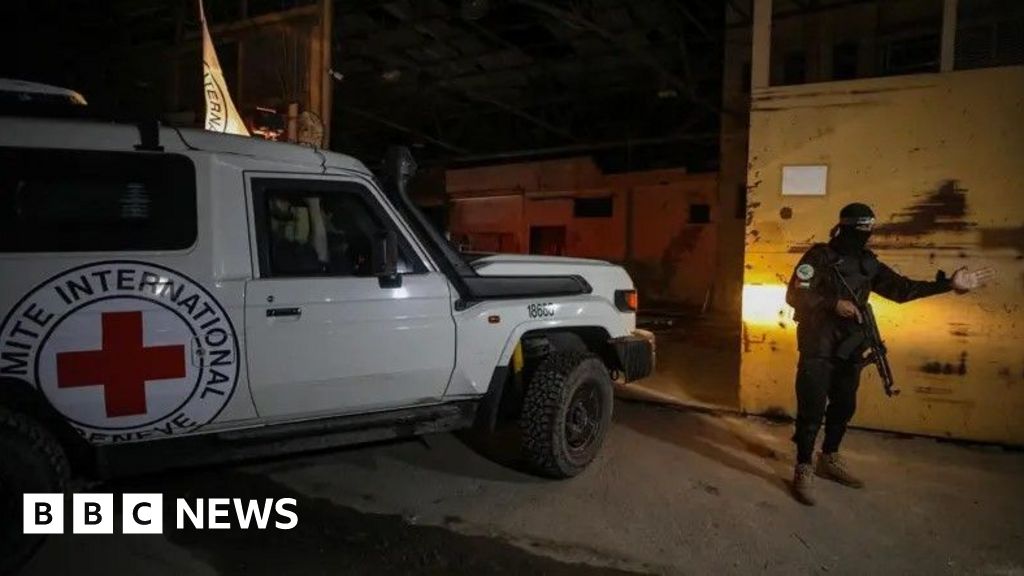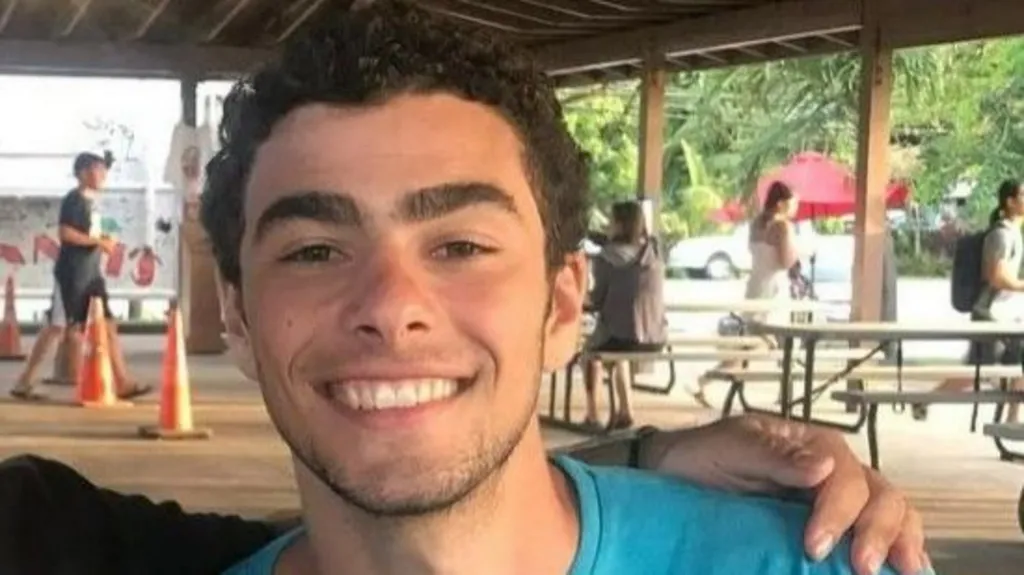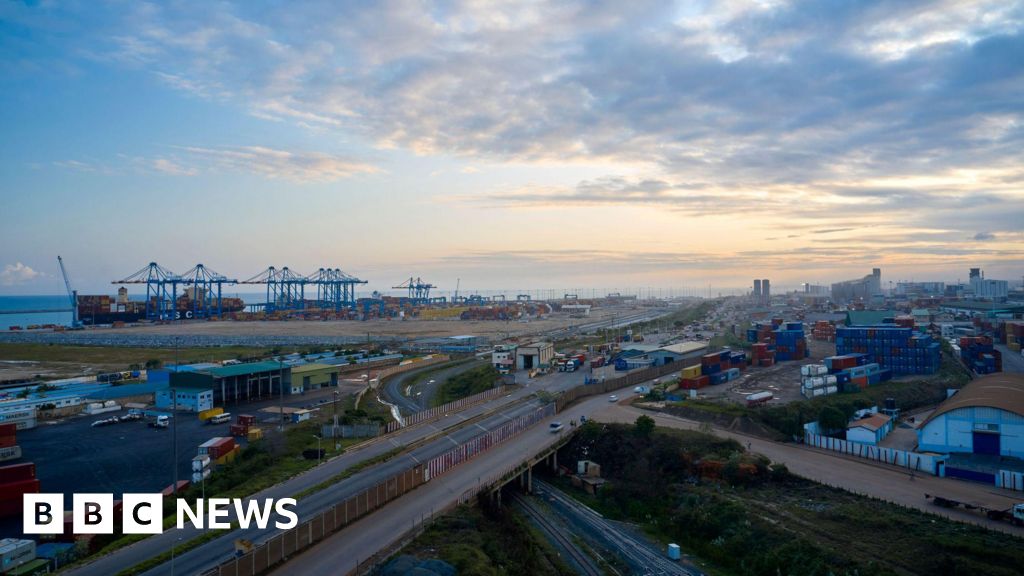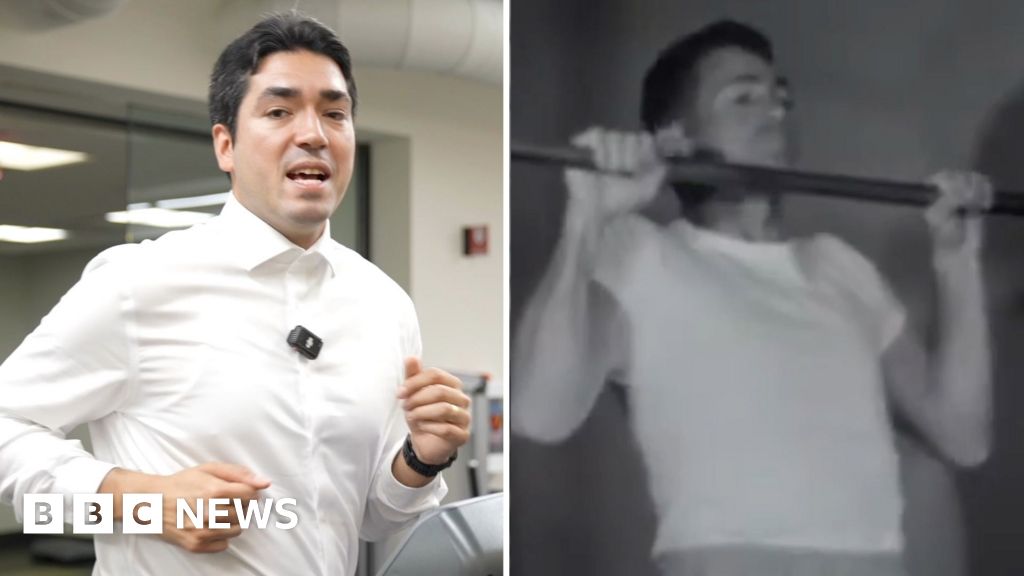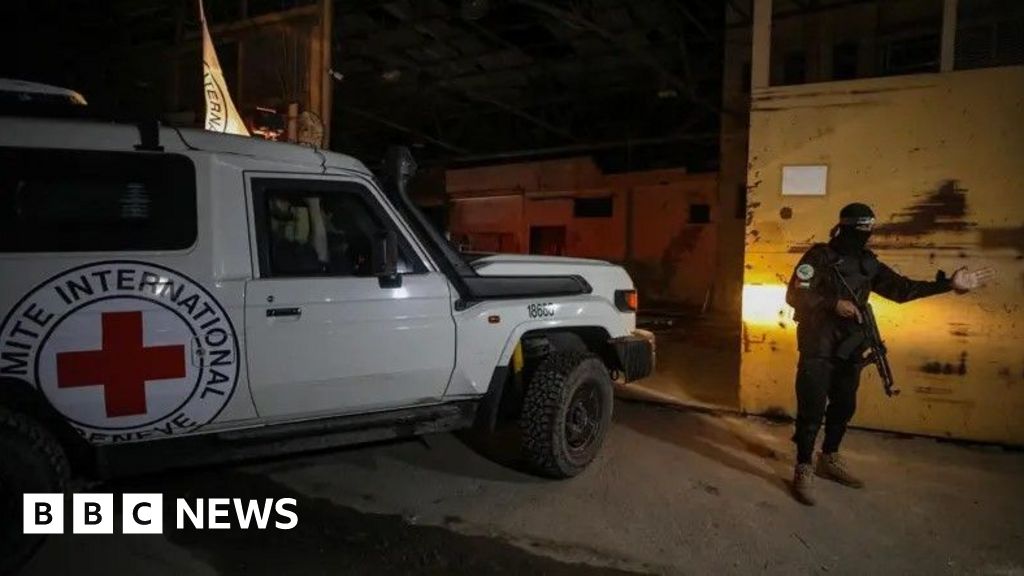
Hamas says it has handed over the bodies of two more Israeli hostages under the terms of the US-brokered ceasefire deal, but says it needs time and specialised equipment to recover the rest of the deceased from the ruins of Gaza.
The group’s armed wing said in a statement it was committed to the deal but had returned all the bodies of hostages it was able to reach.
US President Donald Trump has said Israeli forces could resume fighting in Gaza if Hamas does not uphold the agreement.
In a statement, the Israeli PM’s office said Israel had received – through the Red Cross – coffins containing the bodies of hostages which were now awaiting official identification.
“The IDF urges the public to act with sensitivity and wait for official identification, which will first be communicated to the families of the deceased hostages,” the statement said.
If the two bodies returned on Wednesday night are confirmed to be hostages, that would mean 19 are still unaccounted for in Gaza. Hamas is required to return all 28 dead hostages as part of the first phase of the Gaza peace plan.
But Hamas’s armed wing said in a statement “the remaining bodies require significant efforts and specialised equipment to search for and retrieve, and we are making a great effort to close this file”.
Earlier, Israel said it would “not compromise” on hostage returns, saying “the mission is not complete”.
Israel’s defence minister said he had instructed the IDF to prepare a “comprehensive plan” to defeat Hamas in Gaza in the event of a renewal of the war.
After meeting senior generals on Wednesday, Israel Katz said the military must be prepared to act if Hamas refuses to implement the peace plan.
The latest repatriations came after Israel said one of four bodies returned by Hamas on Tuesday was not one of the missing hostages.
The other three deceased were identified as Tamir Nimrodi, 20, Eitan Levy, 53, and Uriel Baruch, 35, the Hostages Families Forum said.
Earlier on Wednesday UN humanitarian chief Tom Fletcher urged Israel to immediately open all crossings into Gaza for humanitarian aid, as called for in the ceasefire plan.
In a post on X, Fletcher said Hamas must “make strenuous efforts to return all the bodies of the deceased hostages”.
He added: “As Israel has agreed, they must allow the massive surge of humanitarian aid – thousands of trucks a week – on which so many lives depend, and on which the world has insisted.”
He called for “more crossings open and a genuine, practical, problem-solving approach to removing remaining obstacles” and said “withholding aid from civilians is not a bargaining chip”.
Trump’s ceasefire plan, which both Israel and Hamas accepted, envisaged the handover of all 48 hostages would be completed by noon on Monday. Hamas returned all the 20 living hostages on Monday.
But the US-brokered ceasefire agreement appears to acknowledge that Hamas and other Palestinian factions may not have been able to find all hostage remains before the initial deadline on Monday.
Under the agreement, Israel also agreed to hand over the bodies of 15 Palestinians in return for every deceased Israeli hostage.
Israel has returned the bodies of a further 45 Palestinians, the Hamas-run health ministry confirmed on Wednesday, bringing the total number of bodies released by Israel to 90.
Meanwhile in Gaza, residents report growing concern about the durability of the ceasefire – and food prices have surged as Palestinians stockpile food.
Traders and suppliers in the enclave have been hoarding food items to create shortages and drive up profits, fearing that the war could resume, local residents told the BBC.
“Every time we start to feel safe, new threats appear, and we fear the war will start all over again,” says mother-of-six Neven Al-Mughrabi, a displaced resident from Gaza who lives in Khan Younis.
“I lost my house in Gaza City, I decided to stay here with my family because I don’t trust the ceasefire and we’re sick of displacement.”
She added that a trader in Khan Younis’s main market said demand for flour, oil and sugar had surged within hours. “Despite the sudden rise of prices by about 30%, people are buying as if they don’t trust the calm will last long, everyone is afraid aid will stop,” Neven says.
